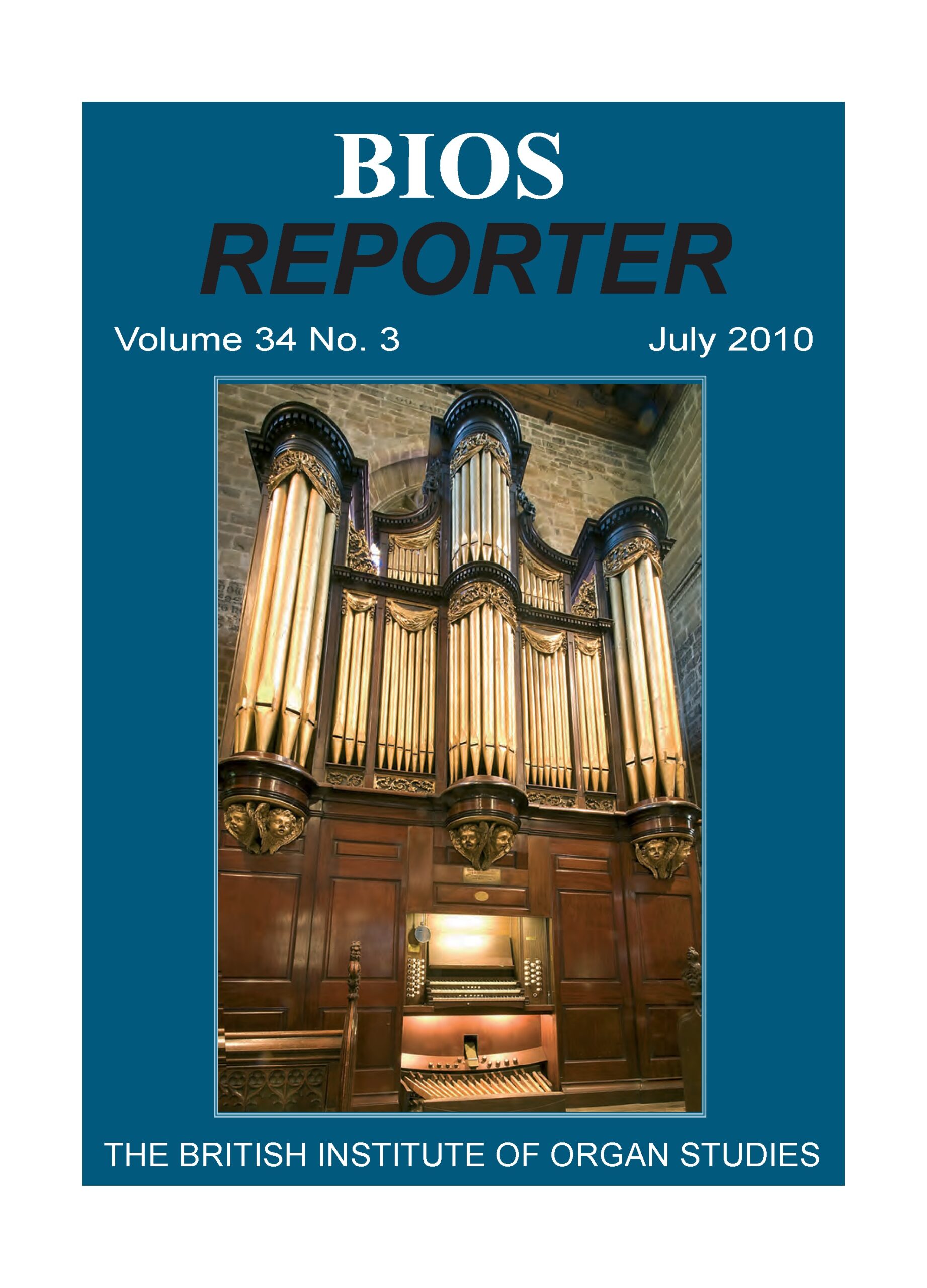Sir Francis Bacon, the great Elizabethan political survivor and polymath, is often credited with the aphorism ‘Knowledge is Power’ but he may have been paraphrasing a much earlier author who said ‘A wise man is strong; yea, a man of knowledge increaseth strength’ (Proverbs 24:5, King James Bible). Either way, the message is clear, someone who has knowledge (=information and/or understanding) is at a definite advantage over someone who does not. The world is awash with information and has been for a long time. The problem is that useful amounts of information tend to aggregate in particular places such as archives and libraries that are not easily accessible to many people. One absolutely fabulous source of information is the British Library (BL), which is commendably generous in allowing ready access (for the moment) to its treasures freely to anyone who shows up with a good question to ask. On the one hand, so it should be, as we are all footing the bill. On the other hand, if you can’t actually get to the BL the amount of information obtainable at a distance is severely limited. That is to say, the amount of free information is severely limited. Documents and images can be ordered but very quickly become a costly part of research. The great advantage in going to a library is being able to check the detail of something before deciding whether it is worth getting a copy (and, of course, the cheapest way is to transcribe information by hand). Thus, being in London (or, say, Oxford where the Bodleian library has a vast collection) confers a significant advantage. Having access to an academic library is the next best thing as they contain a wealth of both printed and electronic sources. Thus, the non-Londoner or non-academic is rapidly at a disadvantage when it comes to carrying out research…
